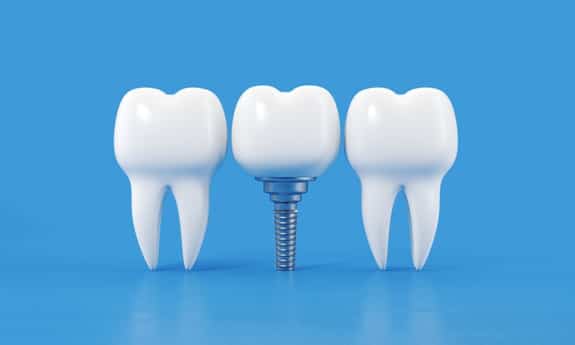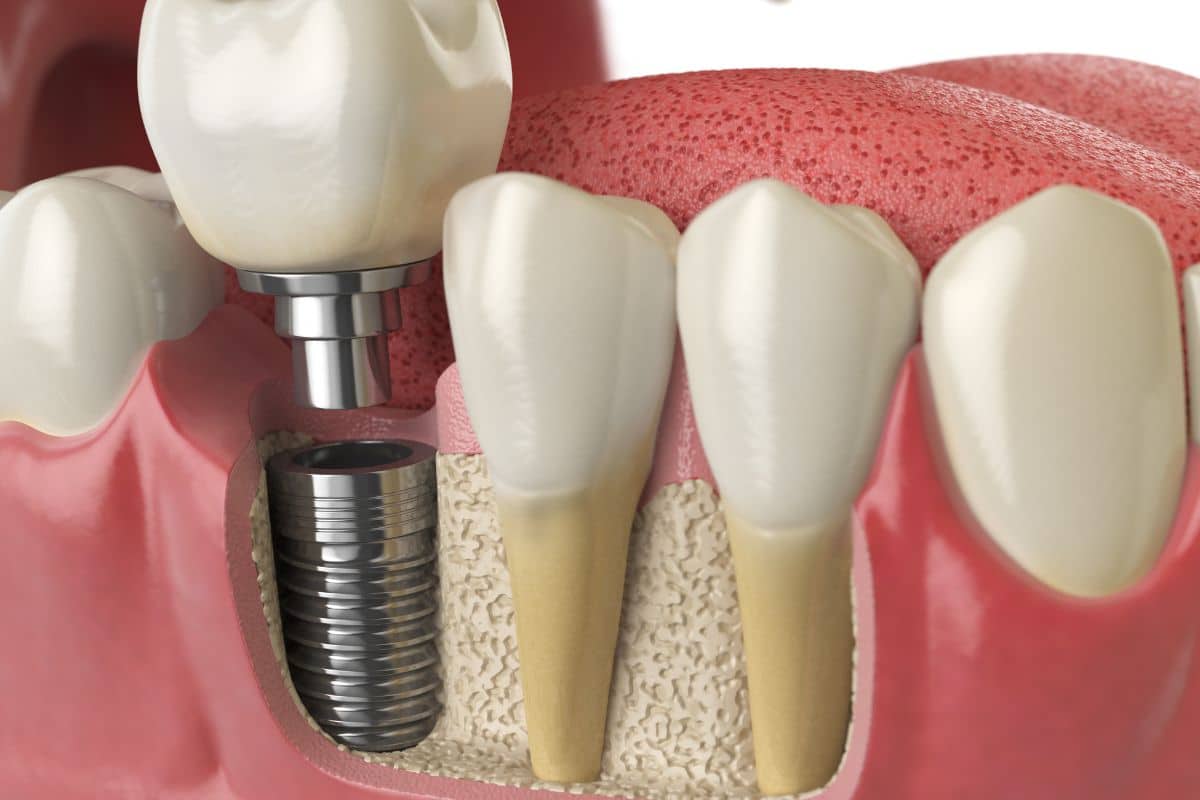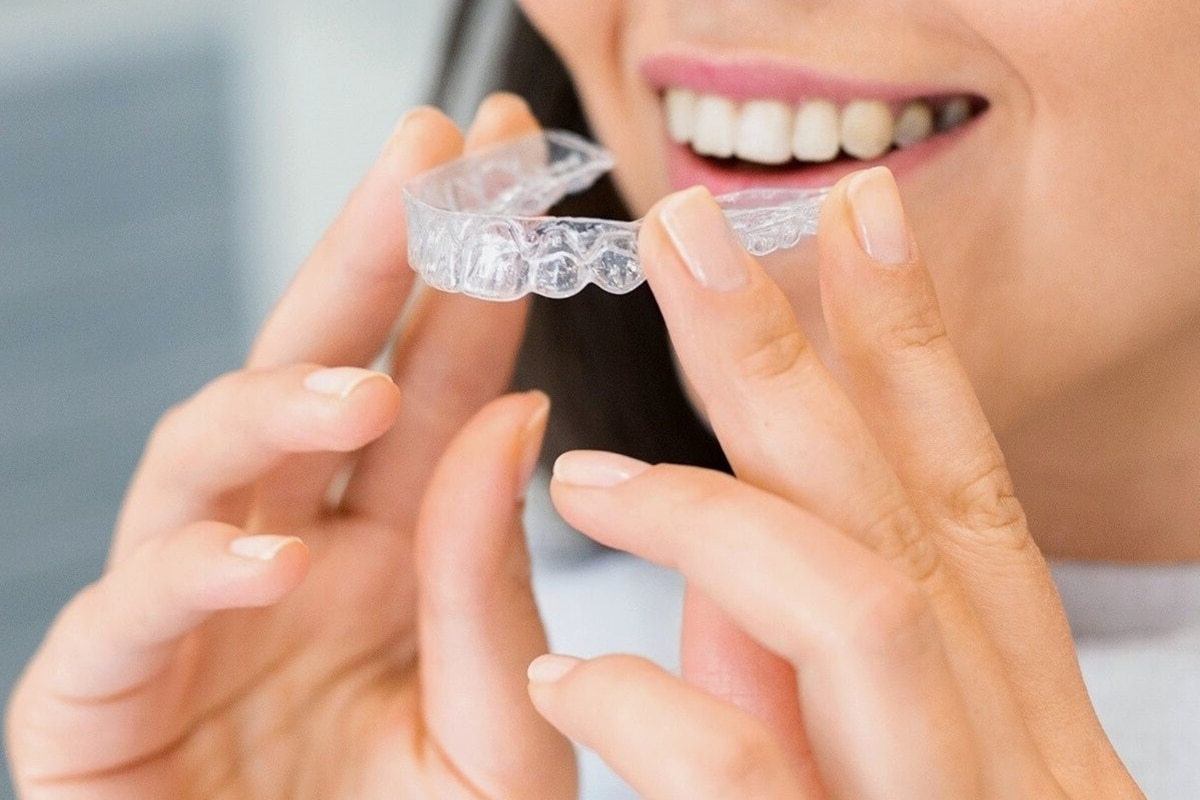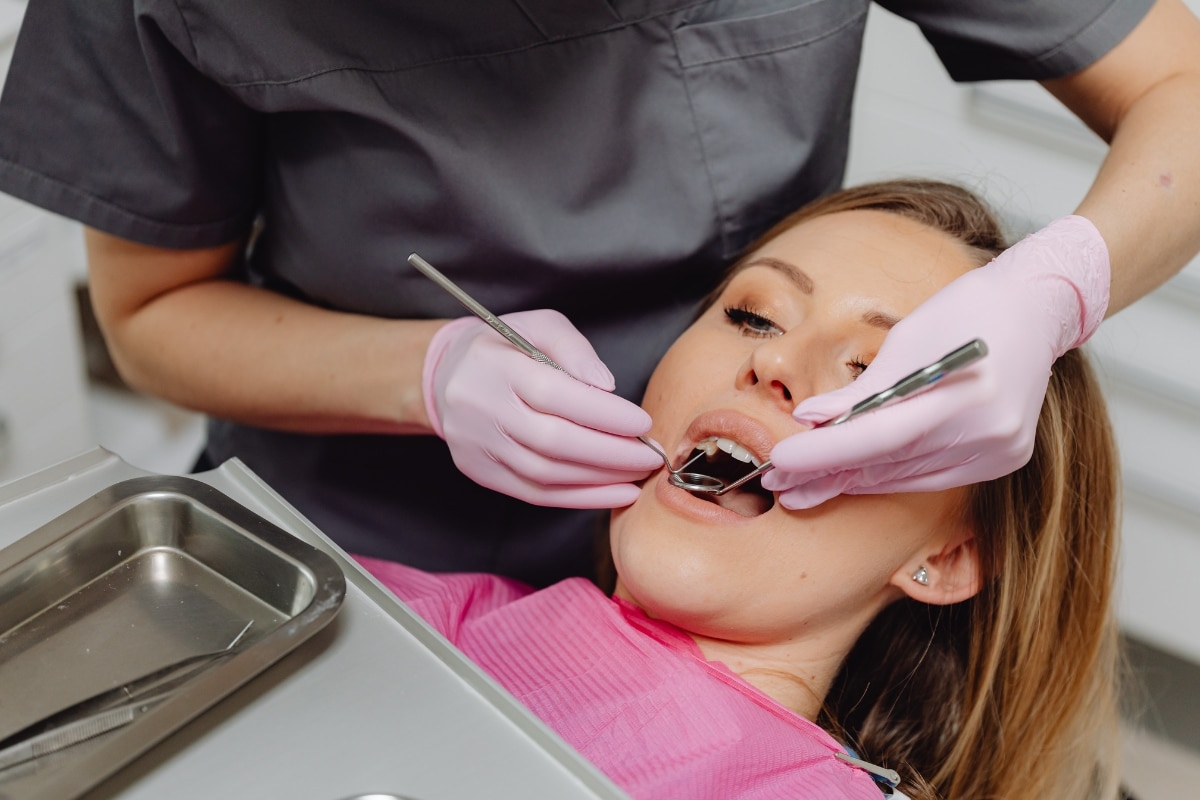Pay Online
How Dental Implants Help Preserve Jawbone Health?

Did you know that 25% of people with missing teeth will experience jawbone loss within the first year? Maintaining jawbone health is crucial for overall dental health and facial structure. The jawbone supports your teeth and gives your face its shape. When tooth loss occurs, the jawbone can begin to deteriorate, leading to further dental and aesthetic issues.
This blog focuses on how dental implants can help preserve jawbone health. It will explore the relationship between tooth loss and jawbone resorption, how dental implants work, and their role in preventing further bone loss.
Understanding Jawbone Loss
What is Jawbone Loss?
Jawbone loss, or resorption, occurs when the bone tissue diminishes. This often happens after losing a tooth, as the root no longer stimulates the surrounding bone. Periodontal disease can also lead to bone loss by damaging the supporting structures of teeth.
Consequences of Jawbone Loss
The effects of jawbone loss can be significant. Aesthetic changes include a sunken appearance in the cheeks, making you look older than you are. The jawbone also supports your teeth. Without it, you may experience functional issues, such as difficulty chewing or speaking.
Additionally, the remaining teeth can shift, causing alignment problems and further dental complications. Addressing jawbone loss promptly is essential for maintaining both function and appearance.
The Role of Dental Implants
What are Dental Implants?
Dental implants are artificial tooth roots made from titanium. They consist of three main components: the titanium post, an abutment, and a crown. The post serves as the root, while the abutment connects the crown to the post, providing a natural appearance.
How Do Implants Work?
During the implant placement procedure, the dentist surgically inserts the titanium post into the jawbone. This process is called osseointegration, where the bone integrates with the implant, creating a strong bond. This stability helps restore normal biting and chewing functions.
Comparison with Other Tooth Replacement Options
Unlike dentures and bridges, dental implants preserve jawbone health effectively. Dentures can shift and may not provide sufficient stimulation to the jawbone. Bridges rely on adjacent teeth for support, which can lead to further tooth loss over time.
In contrast, implants function like natural teeth and promote jawbone health by providing the necessary stimulation.
How Dental Implants Preserve Jawbone Health?
Stimulating Bone Growth
Dental implants are designed to mimic the natural structure of tooth roots. The titanium post of the implant is surgically placed into the jawbone, where it undergoes a process known as osseointegration. This process allows the bone to grow around the implant, securely anchoring it in place.
As the bone integrates with the titanium, it receives vital stimulation, similar to what natural tooth roots provide when we chew or bite. This stimulation encourages the regeneration of bone tissue, promoting a healthy, dense jawbone. Without this stimulation, bone loss can occur, leading to further complications.
Preventing Further Bone Loss
When a tooth is lost or extracted, the surrounding jawbone begins to deteriorate. This is due to the absence of the tooth root, which normally stimulates the bone to maintain its density. As a result, the body may start to resorb the bone, leading to a condition known as jawbone resorption.
Dental implants effectively prevent this cascade of bone loss by filling the gap left by missing teeth. The titanium post replaces the missing root and functions as a physical stimulus for the bone. By providing this support, implants halt further bone deterioration and maintain the structural integrity of the jaw.
Long-term Benefits
Dental implants offer significant long-term benefits for jawbone health. Unlike other tooth replacement options, such as dentures or bridges, which may require replacement over time, implants are built to last.
With proper care, they can remain functional for a lifetime. Their durability means that they continue to provide the necessary stimulation to the jawbone, promoting ongoing health. This long-lasting solution helps preserve the bone and the overall facial structure, allowing individuals to maintain their natural appearance and functionality for years to come.
Maintaining Dental Implants for Optimal Health
Care and Maintenance
Caring for dental implants is essential to ensuring their longevity and maintaining optimal oral health. Start by practicing good oral hygiene. Brush your teeth at least twice a day with a soft-bristle toothbrush, and use non-abrasive toothpaste. Floss daily to remove plaque and food particles from around the implant area, using floss designed specifically for dental implants if needed.
Additionally, consider using an antibacterial mouthwash to further reduce bacteria in your mouth. Regular dental check-ups, typically every six months, are crucial. They allow your dentist to monitor the health of your implants and surrounding tissues. Professional cleanings help prevent gum disease and other complications.
Potential Issues
While dental implants are highly successful, complications can occur. Some potential issues include infections at the implant site, peri-implantitis (inflammation of the gum tissue), or mechanical failures such as a loose abutment or crown. If you notice any discomfort, swelling, or changes in the surrounding gums, consult your dentist immediately.
Early detection is key to effectively addressing problems. Most complications can be managed with appropriate interventions, such as antibiotic treatment or adjustments to the implant components. With diligent care and regular professional oversight, most individuals can enjoy their dental implants for many years.
Dental implants play a vital role in preserving jawbone health. They stimulate bone growth, prevent further loss, and offer long-term benefits. If you have missing teeth, consider dental implants as a solution.
Consult our dental professionals for personalized advice on how implants can benefit your jawbone health. Taking action today can lead to a healthier smile tomorrow.
Recent Posts

Why Is It Critical to Replace a Missing Molar Even If It’s Not Visible When I Smile?

What Should I Do If My Child Knocks Out a Permanent Tooth in Elgin?

Can Invisalign Fix Overbite? How It Solves Complex Dental Issues in Elgin, IL

How Does Thumb-Sucking or Pacifier Use Affect Teeth?


